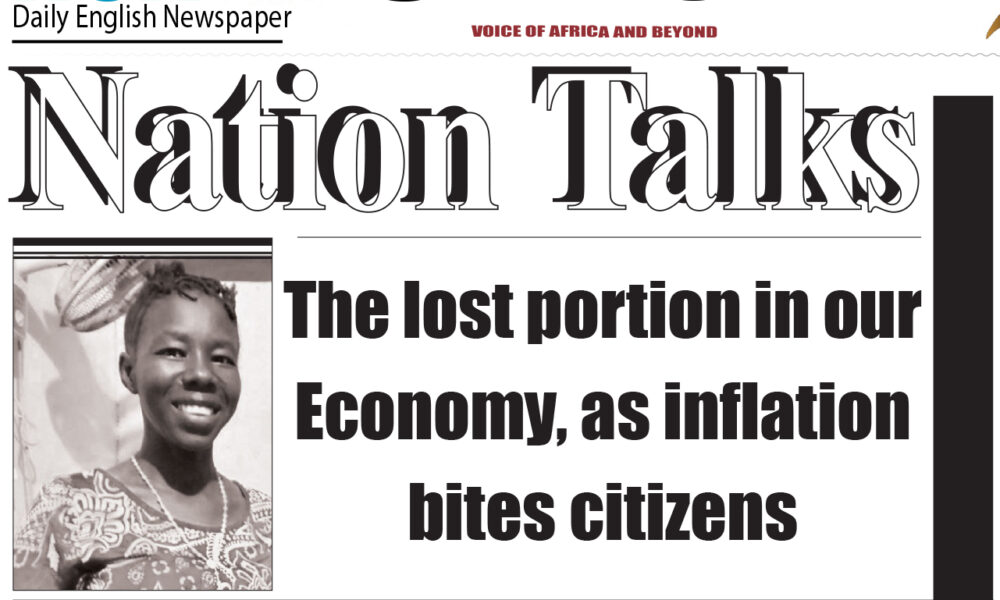The economy is what the lives of people rely on, without a functioning economy people live in a degrading situation.
The economy is confined to production, distribution and trade, including consumption of goods and services. According to economic literature, economy is also a collection or combination of factors like education, technology, history, political structure, natural resources, social organisations, legal system, values, etc. These are categorised sets of processes that complement one another. So, it’s the responsibility of economic agents like governments, organizations, businesses and individuals to drive these processes to benefit all in the economy.
So given the above context, the government is the central authority to lay concrete ground for the economy to pick up well. The economy of South Sudan, since before and after the independence never developed because there’s a key piece in the economy that was not prioritized by the decision-makers. And for that matter today inflation is sapping the lives of our citizens.
The missing piece is the “integrated economic growth policies” that oversee the capacity of the economy to produce. In the product line, there’s capital, labor, utilization of natural resources, and technology. These would have created the value chains that led to the economic growth. The economic growth policies would have streamlined investment in infrastructure (quality roads, bridges, airports, electricity) and their maintenance, labour force, capital accumulation and savings, taxation system, etc.
Besides, is good politics that encourage sustainable peace, and avoid risking the sovereignty of the country, could have led us to economic growth, and real Gross Domestic Product (total value of goods and services produced in a country over a year).
The economy is managed by multiple public institutions and private sectors; not individual or one institution. Some people think that by central bank auctioning more dollars to the market inflation comes down that’s not the case. The central bank is one institution which is playing its role but lacks complementing support from other institutions, and other sectors. There are no productions, for both export and domestic consumption, no good infrastructure, and no direct foreign investments that pump billions into the economy. All these would have generated revenues directly to the country’s reserve in order to make our currency strong in value.
The prices are higher because there’s no sustained economic growth, and the indigenous people have not taken control of their economy. Others argue that it’s war that caused the economic hardships but even before the war, our economy was in bad shape. The war only added hurdles to the economy and drained a lot of dollars out of the public treasury to buy weapons, and spending on other dealings.
God bless South Sudan
Be right there




